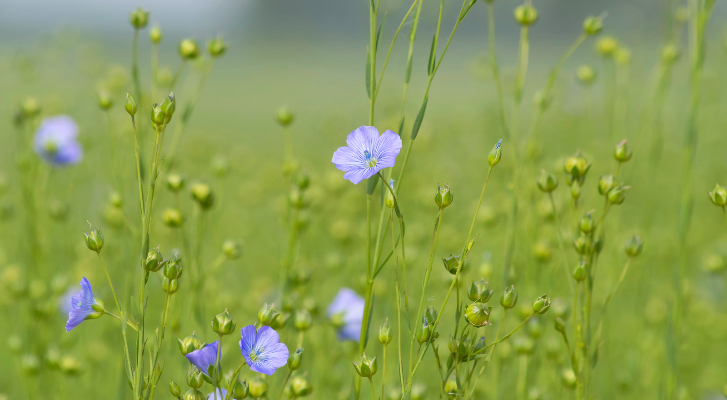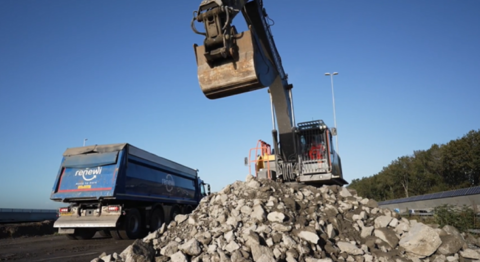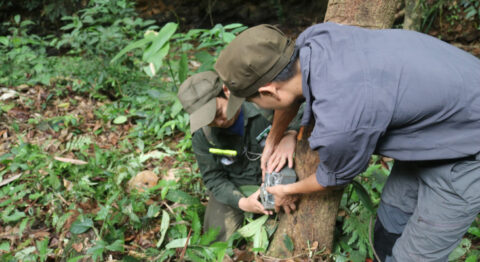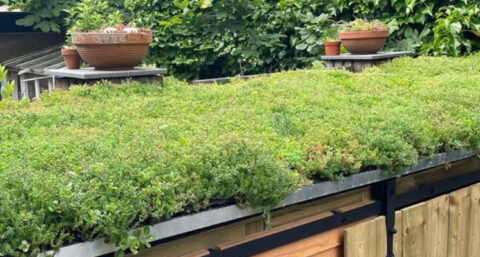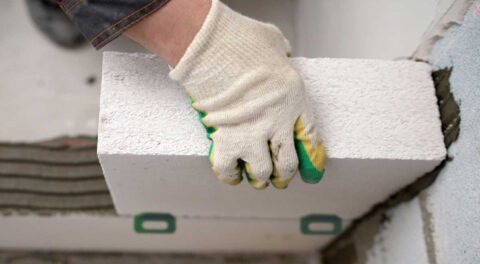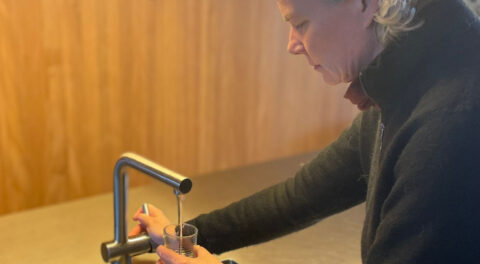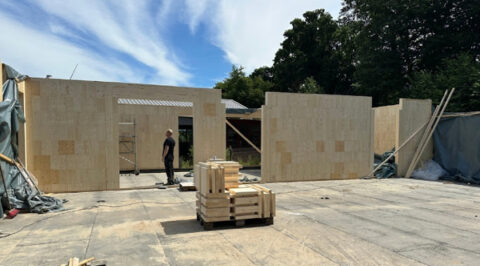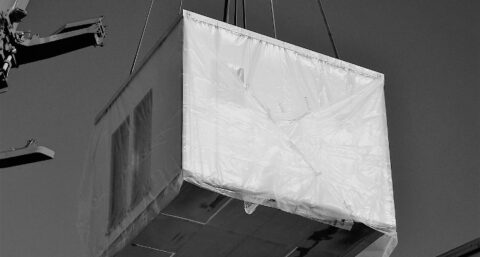At the BouwBeurs 2025, biobased building is an important part. Especially since the government presented the National Approach to Biobased Building (NABB). It states what needs to be done to shape an independent, nature-inclusive biobased (land) construction economy.
Since the announcement of the NABB in November 2023, biobased building is really on the agenda. The nitrogen perils are and will remain for now, and biobased building reduces emissions. Hence, the government is allocating 200 million euros for the plan. The goal is to build at least 30 percent of new homes with at least 30 percent biobased materials by 2030, which will require rapidly establishing, and/or scaling up, chains of farmers (carbon-farmers), processors and builders.
So from plant to property, and from farmland to building material. Crops that serve as raw materials for biobased building materials include flax, bamboo, hemp, (roadside) grass, cattail, miscanthus. Residual streams from horticulture and arable farming can also be used, for example stems from bell pepper plants. Today, such waste streams are often processed into compost, but they are also burned. While they can serve perfectly well as a raw material for sustainable building materials. Moreover, in this way they capture CO₂.
Knowledge Center
Accompanying the NABB is the Knowledge Platform (NKBB), which serves as a source of information, a source of questions and a driver of biobased construction. The NKBB was created to bridge the gap between theory and practice to facilitate the transition to biobased building. The NKBB provides inspiration sessions, workshops and trainings. A knowledge base is also part of the NKBB. There is an overview of building projects where biobased materials have been used, from Usquert to Terneuzen, and from Overdinkel to Bloemendaal. You can see exactly which material was used for which application.
The knowledge base section is very comprehensive. There are reading lists, and fact sheets on crops, and housing concepts, and info on costs, and advice for municipalities on biobased inquiries. And much more. The information helps both municipalities and corporations, project developers and (concept) builders to really get all the information they need to get started with biobased building.
Close cooperation
The National Approach to Biobased Building (NABB) is a plan that must be implemented together by a great many parties and requires close cooperation. From The Hague are involved the ministries of the Interior and Kingdom Relations (BZK), Infrastructure and Water Management (I&W), Agriculture, Nature and Food Quality (LNV) and Economic Affairs and Climate (EZK). Implementation is largely in the hands of Building Balance, the implementing organization of the National Approach.
The implementation of this plan consists of six points. These are 1: establish and scale up bio-based chains, 2: stimulate demand for bio-based among builders and clients, 3: support farmers (carbon farmers) and processors, 4: test and certify, 5: share knowledge and provide education, 6: conduct research and innovate. All of these points are broken down into small steps. A schedule is attached to the NABB; the goal is to have the entire program in place by 2030.
Biobased at Jaarbeurs 2025
At the BouwBeurs 2025 (Jaarbeurs, Feb. 3 to 7), the first since the NABB's announcement, a lot of attention will be paid to biobased building. Visiting the fair? Check out www.bouwbeurs.nl And register quickly!

